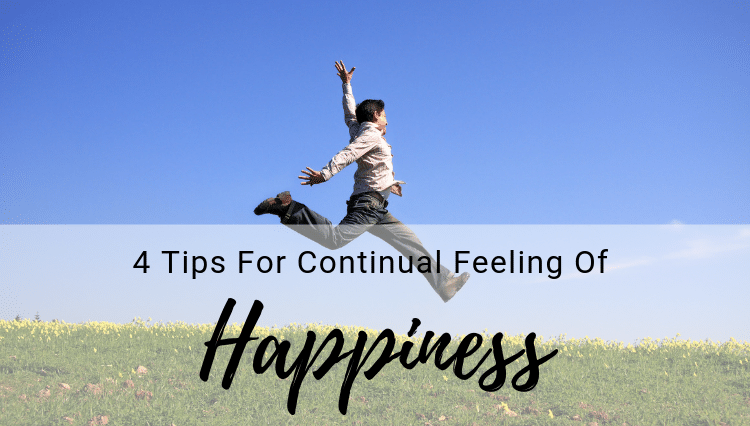For as long as I can remember, I have been dealing with doctors and diagnoses, treatments and therapies. My profession and work opportunities allowed me to travel to places such as New Zealand, Ireland and Switzerland. As such, I’ve been able to experience the healthcare system of many countries.
Don’t Internalize
Some of my doctors were wonderful and incredibly helpful, while others were not able to help me very much at all in spite of their efforts. Sometimes a treatment would prove beneficial, but very rarely did I find that any individual treatment resulted in any lasting results. This was an incredibly frustrating experience for me, but it taught me a great deal about the importance of developing internal feelings of happiness.
More than Just Treatment
Each time I went to a new doctor and received a new diagnosis and treatment, I thought to myself that success would mean I could finally feel happy. I was frequently anxious throughout my youth, as I was always wondering if and when the debilitating pain would eventually set in, or if some new symptom was about to show up unexpectedly. I thought that the successful treatment would change my life, and perhaps it eventually will. Successful treatment, however, cannot determine whether or not I am happy.
Be Different
The problem, as I have now discovered, was that I allowed things beyond my control to affect my own personal happiness. Since I realized that it was foolhardy to let treatments and doctors and diagnoses control my life, I have felt so much more empowered in knowing that I am the only one who can limit my feelings of happiness. I take pride in the fact that I am unique and different, and how I choose to express myself brings me a great deal of joy.
Unique Perspectives
One of the most interesting things that I came across in researching my symptoms for myself was the experience of others and the unique perspectives they held. A favorite writer of mine, Fyodor Dostoyevsky, experienced epileptic seizures but hardly suffered from them. Instead, Dostoyevsky regarded his experience as unique and important, as something that no one else could possibly understand. He said that his epilepsy allowed him to experience a feeling of ecstasy and of harmony that would not have been possible had it not been for his epileptic condition.
Clearly, not every condition is like Dostoyevsky’s, but it is helpful to understand that our conditions exist independent of our feelings of happiness. If we view our conditions as uniquely our own, perhaps we can come to accept them as a part of who we are but not as a determining factor in our feelings of happiness. D. Scott Carruthers shares more photographs of pursuing happiness on his website, check them out.



